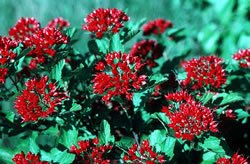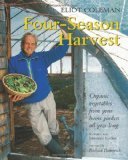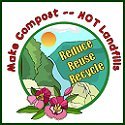You are here:
Home > Shrubs > Ninebark - Common
Ninebark - Common
Physocarpus opulifolius

Price Each
$22.95

Ninebark - Common:
The Common Ninebark, Physocarpus opulifolius, is an upright, mound shaped spreading shrub with recurved branches. It displays large clusters of spiraea-like white flowers in summer, then attractive and persistent fruit pods in the fall. It has arching branches, yellow fall color, and exfoliating bark. Common ninebark flowers are an excellent nectar source; the fruits are eaten by several species of birds. Its autumn color is a pure yellow. Common Ninebark tolerates both wet and dry sites; tolerates alkaline soil; habitat is usually moist, well drained soils along streams and rocky slopes. Fast growing and adaptable, Common Ninebark provides season-long color to either the home garden or commercial landscape.

FREE Garden Journal!!
Join "Garden Notes" and plan for Harvest Success as you track and record your gardening progress.
Your Free Personal Garden Journal has pages for jotting down notes on the seeds you start,
your new plantings, when you fertilized, and even a graph to plot a new garden.
What's New?
"Organic food has a higher nutritional value than ordinary produce, a study by Newcastle University has found."
"A team grew fruit, vegetables and reared cattle on adjacent organic and non-organic sites across Europe.
They found up to 40% more antioxidants could be found in organic fruit and vegetables than in non-organic.
The team said the findings call into question the current stance of the Food Standards Agency (FSA), which is neither for nor against organic food."
Organic Food Gardening Guide
Free
Gardening Catalog
Click Here
Book of the Month

A book full of valuable information on how to harvest fresh vegetables and salad
ingredients literally year-round--yet without an expensive greenhouse or indoor light garden set-up.
Coleman combines succession planting (small sowings three or more times, rather than
one big endeavor) with cold-frame growing in the winter months. He includes how-tos for building simple cold-frames.
Read More...
Garden Tip of the Day










